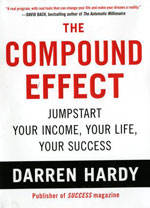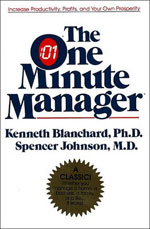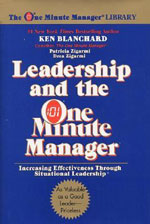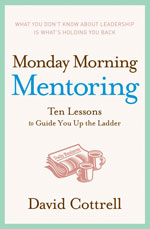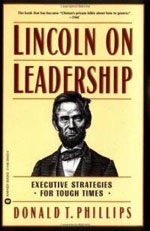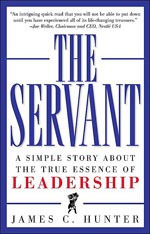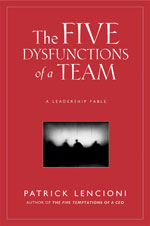 Last week we discussed the mindset of success. This week I am going to look at success from another perspective. At a young age my parents taught me a view of being successful which differed from the norm that is rooted in just pursuing goals/objectives. They instilled in me that to be truly successful, the goals we pursue should be rooted in our lives as ethical and moral obligations that we are highly committed to; things like our family, the company we work for, ourselves, and most importantly our legacy.
Last week we discussed the mindset of success. This week I am going to look at success from another perspective. At a young age my parents taught me a view of being successful which differed from the norm that is rooted in just pursuing goals/objectives. They instilled in me that to be truly successful, the goals we pursue should be rooted in our lives as ethical and moral obligations that we are highly committed to; things like our family, the company we work for, ourselves, and most importantly our legacy.
In a recent training I asked a group of new hires how much of a particular new product we just launched that they thought they would sell in 2012. Without thinking twice, one trainee very confidently stated, “###K.” I then asked her, “Do you think you can double that figure by the end of 2012?” Her response: “Anything is possible if you really want it; so yes!” Next I asked her, “How about a million? Could you sell $1 million of this new product in the next 8 months?” The look she gave me was priceless; as badly as she wanted to yes, her face was riddled with doubt, and she admitted selling $1 million would be impossible. I decided to switch gears by asking her about her 3 year old son and discussing how hard it must be to be away from him for the duration of training. I then went back to my original question and asked if she could sell $1 million, but I added a twist: I described a situation where an evil competitor rep had kidnapped her son; the only way she could get him back was if she sold $1 million dollars of this new product— could she? Without hesitation she passionately blurted, “In a heartbeat!” Once she looked at the situation from the perspective of a mother that is committed to her child, it completely changed her outlook on reaching $1 million.
Just to be clear, nobody is kidnapping anyone; however, this situation illustrates the power of the mind. The five inches of space between our ears can be our greatest asset and inhibitor to success. To utilize it as an asset we can change how we define success by linking it to our ethical and moral obligations. With this mindset, we are more prone to put in as much extra effort as we possibly can to be successful. We are not easily discouraged when we encounter an obstacle, and will do whatever it takes to overcome it.
We all want the best for our families and ourselves; we want to be: good providers and care takers, and a valuable asset to our company. We have an obligation to ourselves to be successful, and most importantly we all want to matter and make a difference. So ask yourself, “Do I have the right perspective to be successful?” You not only owe it to yourself, but the people who you care about and your legacy are depending on it.










